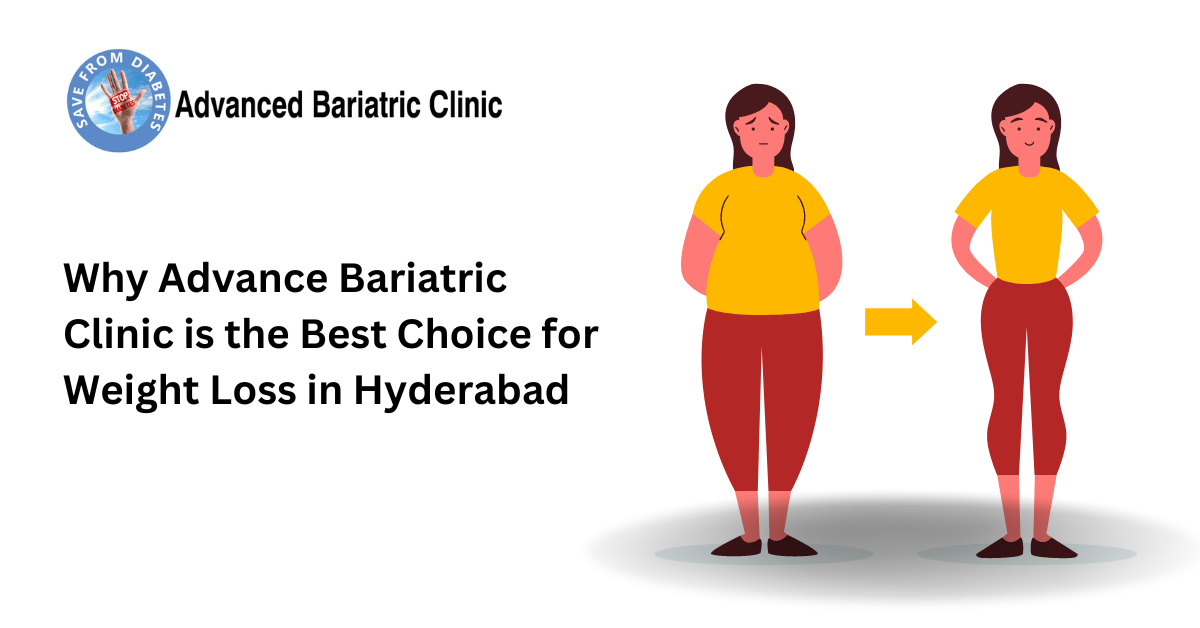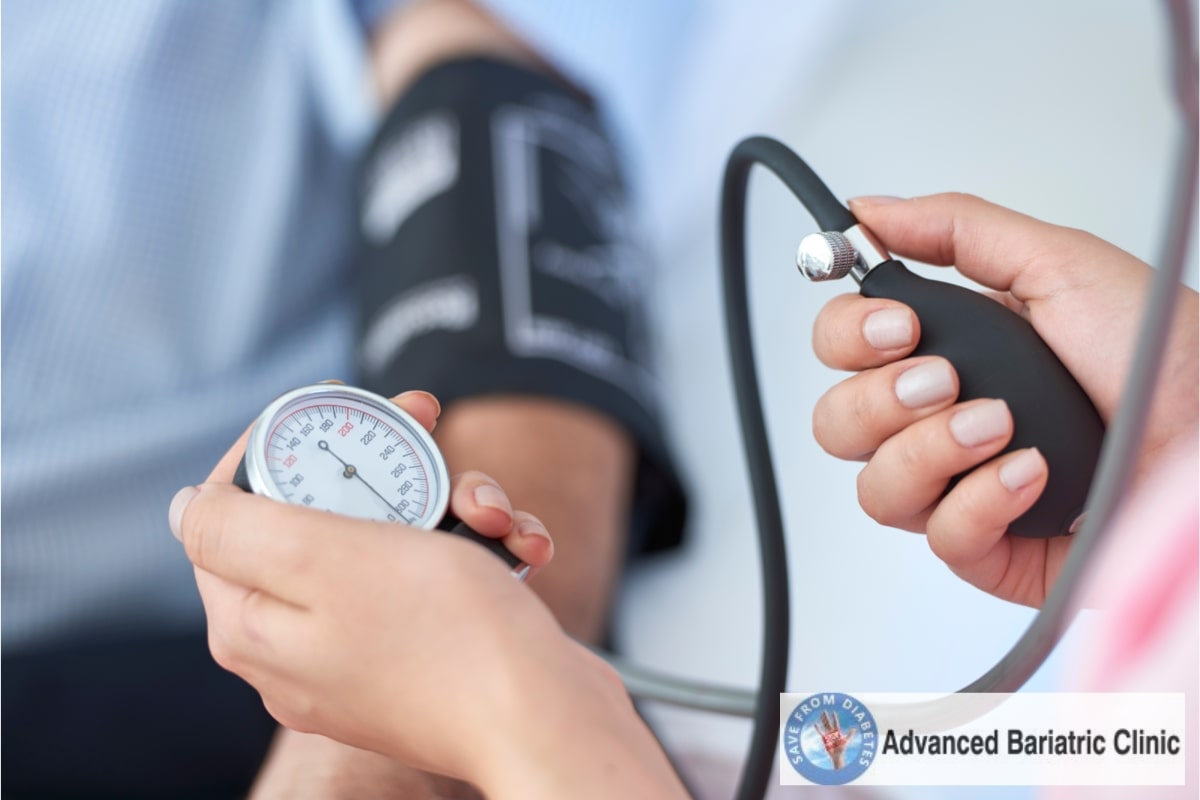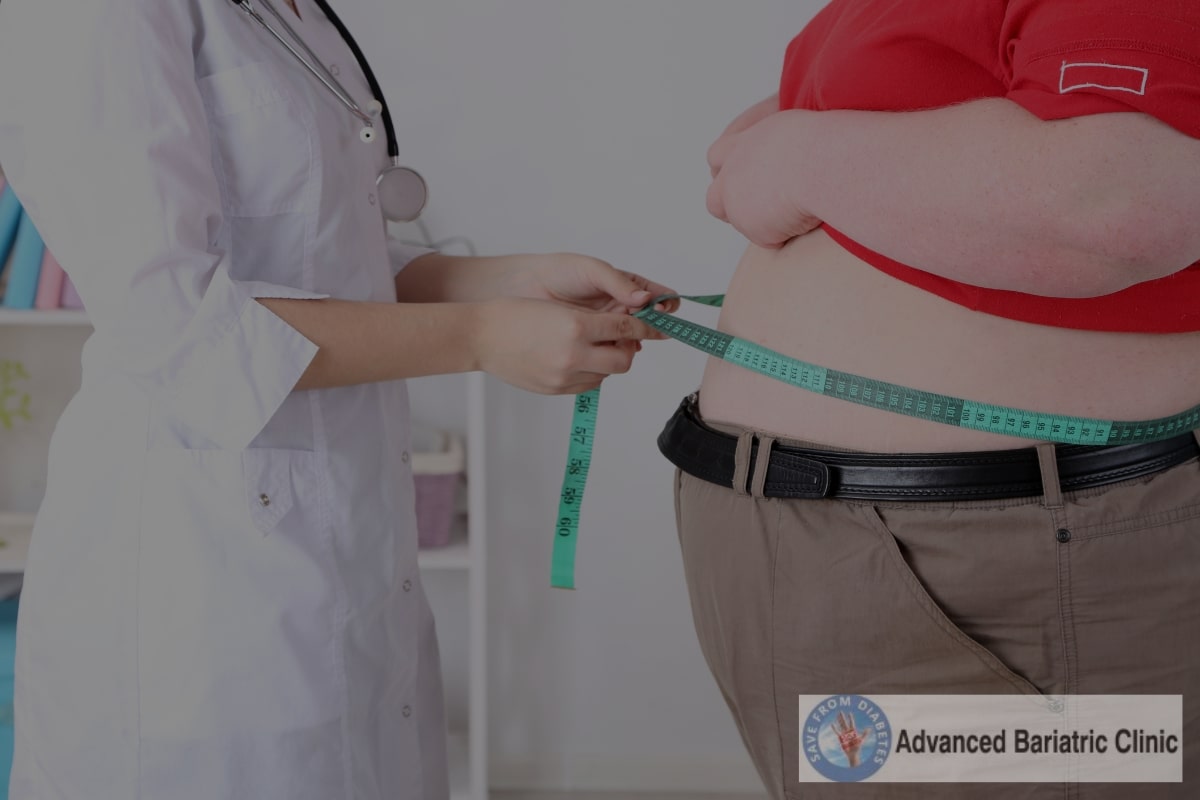Why Advance Bariatric Clinic is the Best Choice for Weight Loss in Hyderabad

- advancedb_admin
- March 10, 2023
- 10:51 am
- No Comments
Are you looking to lose weight and get on a healthier path? If so, it’s important to find a reliable weight-loss nutritionist that can provide you with the right advice and support. One of the best choices out there is the Advance Bariatric Clinic in Hyderabad. This clinic offers a comprehensive range of services designed to help you reach your goals safely and effectively. Let’s take a look at why Advance Bariatric Clinic is the best choice for weight loss in Hyderabad.
Expertise and Experience
The staff at Advance Bariatric Clinic is highly experienced when it comes to weight loss and dieting. All of their team members are trained nutritionists and dietician in Hyderabad who have years of experience working with individuals trying to lose weight. They understand how difficult it can be, which is why they strive to make sure their clients get all the support they need throughout the process.
Comprehensive Services
The Advance Bariatric Center offers a comprehensive range of services for those looking to lose weight or improve their overall health. Services include everything from nutritional counseling and meal planning advice to exercise classes, cooking classes, and even lifestyle coaching sessions that can help you stay motivated while reaching your goals. They also offer medical consultations if needed, such as hormone tests or blood tests, as well as general health screening assessments.
Personalized Plans
At Advance Bariatric Clinic, they understand that everyone is different when it comes to their health needs and goals. That’s why they work closely with each individual patient to create personalized plans based on their unique needs and preferences. They consider the patient’s current fitness level, age, gender, lifestyle habits, dietary preferences, medical history, and other factors to create a plan that is unique to them and will help them achieve their goals safely and effectively.
Conclusion
If you’re looking for a reliable weight loss centers in Hyderabad, then look no further than Advance Bariatric Clinic! Their team of experts has years of experience working with individuals trying to improve their health through dieting and exercise. Plus they offer a comprehensive range of services—from nutritional counseling to lifestyle coaching—to ensure that each individual gets the personalized care they need while reaching their goals safely and effectively. So don’t wait any longer—contact Advance Bariatric Clinic today!
Recent Posts
-
 Caring for Young Warriors: Managing Diabetes in Children and Adolescents in Hyderabad
Caring for Young Warriors: Managing Diabetes in Children and Adolescents in Hyderabad -
 Demystifying Diabetes in Hyderabad: Prevalence, Causes, and Preventive Measures
Demystifying Diabetes in Hyderabad: Prevalence, Causes, and Preventive Measures -
 Balancing Tradition and Health: Traditional Hyderabadi Foods for Diabetes Managemen
Balancing Tradition and Health: Traditional Hyderabadi Foods for Diabetes Managemen -
 Navigating Diabetes in Hyderabad's Climate: Tips for Effective Management
Navigating Diabetes in Hyderabad's Climate: Tips for Effective Management -
 Why Advanced Bariatric Clinic is the Best Diabetologist in Hyderabad
Why Advanced Bariatric Clinic is the Best Diabetologist in Hyderabad





